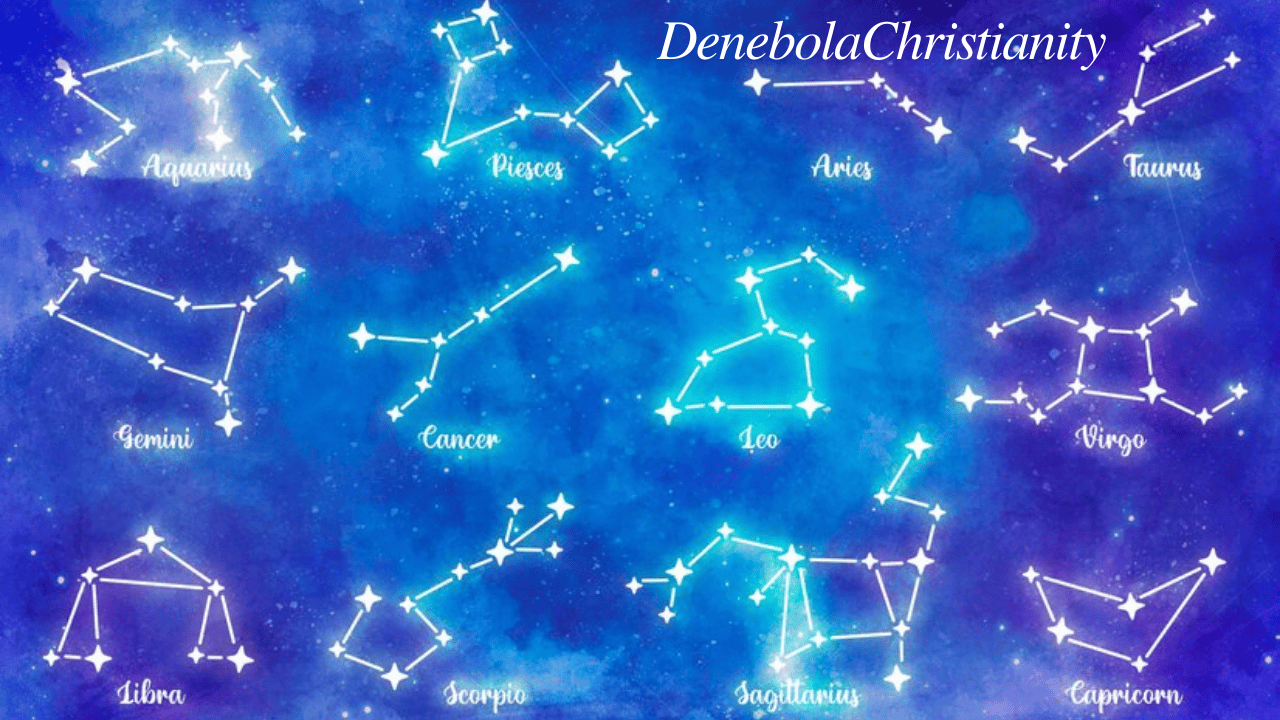DenebolaChristianity , the second-brightest star in the constellation Leo, has captivated people for centuries with its celestial beauty and symbolic significance. While not as frequently mentioned as stars like the North Star or Betelgeuse, Denebola holds a unique place in Christian mysticism and symbolism. Rooted in the Leo constellation, which is often associated with power, kingship, and courage, Denebola’s connection to Christianity invites reflection on faith, resilience, and divine protection.
The Leo Constellation and its Symbolism in Christianity
In Christian symbolism, the constellation Leo has long represented the Lion of Judah, an epithet for Jesus Christ. This association draws from the powerful imagery of a lion, an animal known for its strength, courage, and majesty. The Bible references lions as metaphmetaphorsors for both strength and royalty, particularly in connection to the tribe of Judah, from which Jesus is descended. As such, the entire Leo constellation, with its roaring lion shape, has spiritual implications in Christianity, symbolizing both divine authority and Christ’s role as a protector and redeemer.
Denebola’s Place in the Leo Constellation
DenebolaChristianity , specifically, occupies the “tail” of the lion. While the lion’s head and heart might seem more central to Christian symbolism, the tail serves as a powerful metaphor for humility and endurance. Despite being a relatively “hidden” part of the lion, the tail is essential for balance and coordination, reminding believers of the importance of the overlooked aspects of faith. In Christianity, the concept of “serving from behind” or approaching leadership with humility is often praised, and Denebola’s position emphasizes the quiet strength that often supports greater power.
Denebola in Ancient Christian Astronomy
Historically, early Christian astronomers viewed the stars as divine markers, believing the heavens proclaimed God’s glory and message.DenebolaChristianity and other stars were observed not only as celestial bodies but as signs and reminders of God’s influence in the universe. Christian scholars during the medieval period, like Dante in his Divine Comedy, noted that constellations, including Leo, represented celestial order and moral alignment with God’s will. In this sense, Denebola was part of a grander design, signifying guidance, hope, and encouragement for believers.
Astrological Significance of Denebola and Its Christian Adaptation
DenebolaChristianity astrological association is one of change, rebellion, and transformative energies. While astrology and Christianity have historically had a tenuous relationship, some Christian scholars adapted astrological ideas in a way that aligned with Christian teachings. For example, Denebola’s transformative energy could represent repentance or the process of conversion, a central concept in Christianity where believers turn away from sin to embrace a Christ-centered life.
Denebola as a Symbol of Faith and Perseverance
In an era where cosmic events often signaled divine messages, DenebolaChristianity ’s appearance in the night sky may have served as a sign of encouragement. Representing perseverance, this star reminds believers of the importance of steadfastness and endurance in their faith. Just as Denebola remains a steady light within the Leo constellation, Christians are encouraged to remain unwavering, even in trials.
Biblical References to Stars and Divine Messages
While Denebola is not specifically mentioned in the Bible, stars play a significant role in biblical narratives. For example, in the story of the Magi following the star of Bethlehem to locate the newborn Christ, the star signifies divine guidance. Similarly, Denebola can be seen as a symbolic guide, offering encouragement to those seeking faith and understanding in their spiritual journey.
Denebola and the Promise of Hope in Christianity
For many, DenebolaChristianity serves as a beacon of hope. Its brilliant light at the tail of the lion reminds Christians that God often uses the “unexpected” or seemingly insignificant things to reveal His power. Just asDenebolaChristianity is not as prominent as other stars, it still contributes to the beauty and meaning of the Leo constellation. This mirrors the Christian message that every person, regardless of status, has value in God’s eyes and is part of a larger divine plan.
The Role of Stars in Christian Art and Literature
Christian artists and writers have used stars to symbolize divine intervention, protection, and enlightenment. In paintings, hymns, and even poetry, stars often serve as reminders of God’s omnipresence and the beauty of His creation. The presence of DenebolaChristianity in these celestial depictions brings added depth to the Christian message of guidance and God’s light shining down on Earth.
Frequently Asked Questions
What is Denebola in Christianity?
- DenebolaChristianity is the second-brightest star in the Leo constellation. In Christianity, it holds symbolic significance related to faith, resilience, and humility, aligning with the imagery of the Lion of Judah.
Why is the Leo constellation important in Christian symbolism?
- The Leo constellation represents the Lion of Judah, symbolizing Jesus Christ’s lineage, courage, and divine kingship. It signifies strength, leadership, and divine protection.
Is Denebola mentioned in the Bible?
- While Denebola itself is not specifically mentioned in the Bible, stars in general are frequently used as symbols of divine guidance and God’s omnipotence.
How do Christians interpret Denebola’s astrological meaning?
- Some Christians view Denebola’s astrological associations, such as change and transformation, as symbols for spiritual growth, repentance, and renewal in the Christian faith.
How does Denebola connect with the Lion of Judah?
- Denebola’s place in the Leo constellation, which is associated with the Lion of Judah, makes it part of the larger symbolic representation of Jesus as the lion symbolizing strength, courage, and kingship.
What does Denebola symbolize for believers today?
- For Christians, Denebola can symbolize hope, guidance, and resilience, reminding believers to remain steadfast and faithful, trusting in God’s greater plan.
Conclusion
DenebolaChristianity ’s position within the Leo constellation offers Christians a unique perspective on humility, faith, and resilience. While not often highlighted, its symbolic meaning is profound, reminding believers of the importance of perseverance and quiet strength. This star, alongside the broader imagery of the Lion of Judah, continues to inspire Christians to seek courage and hope. Through Denebola, believers can reflect on the beauty of being part of a divine design, just as each star, regardless of its prominence, contributes to the vast, magnificent sky.











